News
Emily Shackleton
Apr 17, 2015
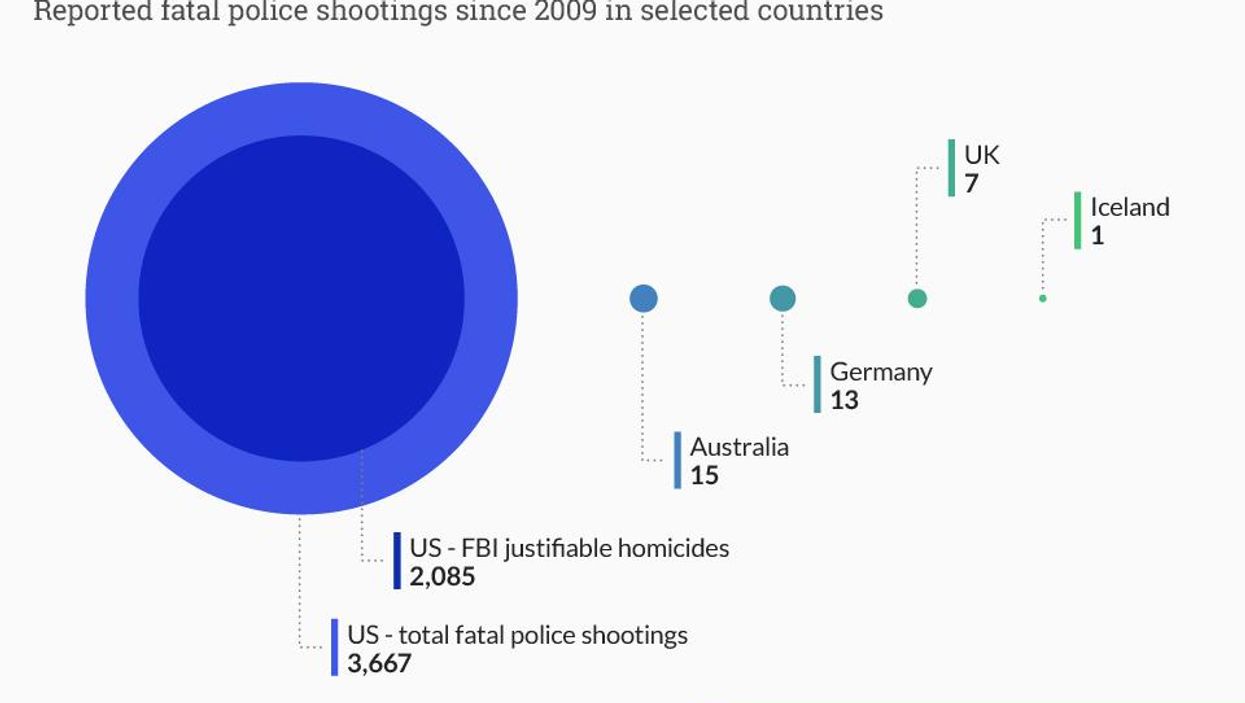
The shooting of unarmed black man Walter Scott by white police officer Michael Slager - who has since been charged with murder - in South Carolina earlier this month brought the issue of fatal police shootings in the US into sharp focus once more.
With the exception of the UK, fatal police shootings are scantily reported by different nations. Data collected by i100.co.uk from the most recent available year shows that the difference in fatal shootings between countries where police carry and use guns continues to be extreme, however.
Police in the US have have fatally shot people 298 more times than forces in the UK, which has consistently had two or fewer shootings a year since 2009 and fewer than seven shootings a year since 1990. According to some estimates, police in the US killed more people in March than police in the UK killed in the last century.
Iceland only experienced one fatal police shooting in 2013 - believed to be the first in the country's history.
Our graphic, supplied by Statista, also shows a gaping hole in official FBI data, illustrated by the smaller of the two US circles. The FBI only reports shootings that are considered "justified", defined by them as "the killing of a felon by a law enforcement officer in the line of duty".
What it does not report is the thousands of shootings that would be considered unjustified, explaining the 1,582 unreported killings according to our chart and supplied by the Fatal Encounters website.
Since 2012, it has been allowing people to contribute to their growing dataset of police shootings, and each entry is checked before it is added to final spreadsheet.
While still fairly incomplete with a lot of data for earlier years missing, it nevertheless gives you an idea of the number that go unreported by the FBI, particularly when unjustified incidents have recently made up the majority of shootings.
FBI figures say that there were 461 justified shootings for 2013. Fatal Encounters though reports that 68 per cent of 1033 total shootings that year were in fact unjustified.
Dr Brian Burghart, who set up Fatal Encounters, wrote last year that he started the dataset as he "found the absence of such a library of police killings offensive".
I'm convinced to my core: The lack of such a database is intentional. No government — not the federal government, and not the thousands of municipalities that give their police forces license to use deadly force — wants you to know how many people it kills and why. It's the only conclusion that can be drawn from the evidence.
He also describes how he was "delayed and lied to" by the FBI while trying to initially collect data.
And American officials are still in denial that there is any issue at all with police shootings in the US. Republican congressman Trey McGowdy only yesterday denied that the recent shooting in Charleston was a sign of a larger systematic problem.
There is also still no utterly complete dataset - who knows how many more unreported shootings there might be and how truly vast the gulf between the US and other nations in terms of police violence is?
Top 100
The Conversation (0)
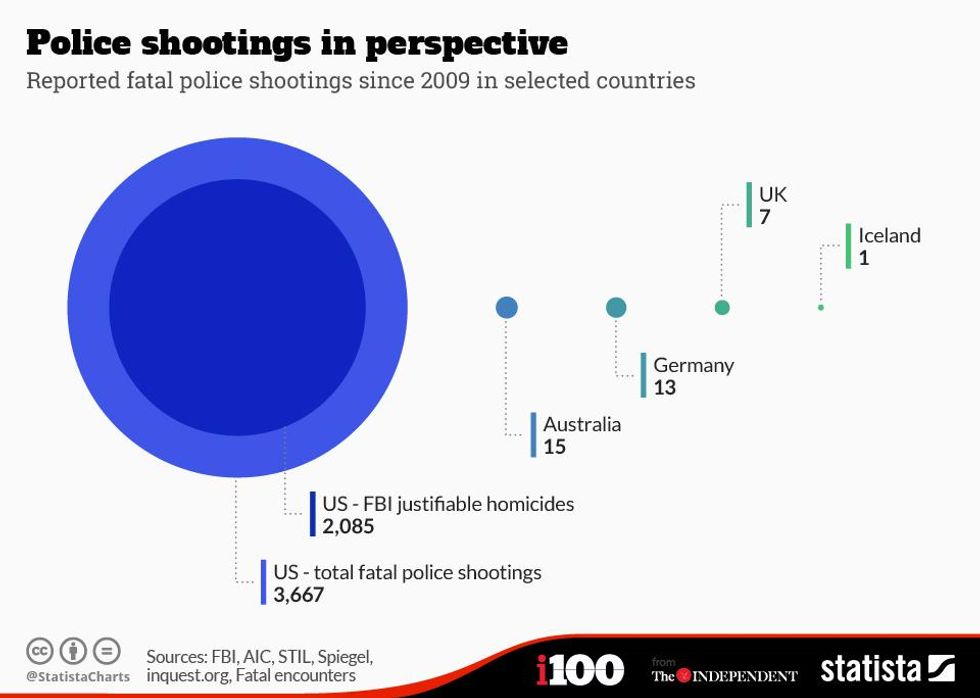
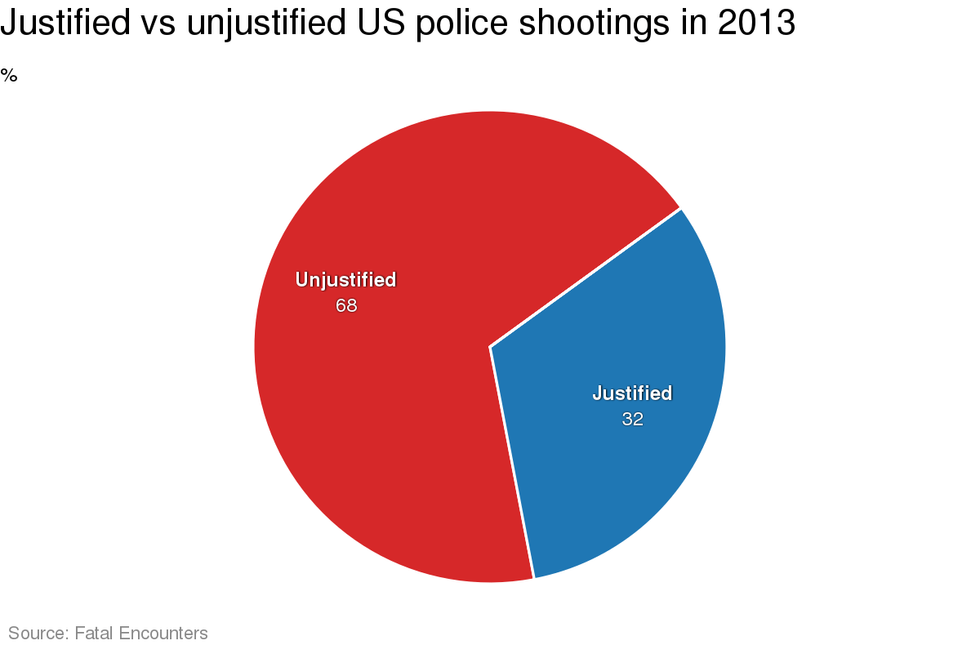
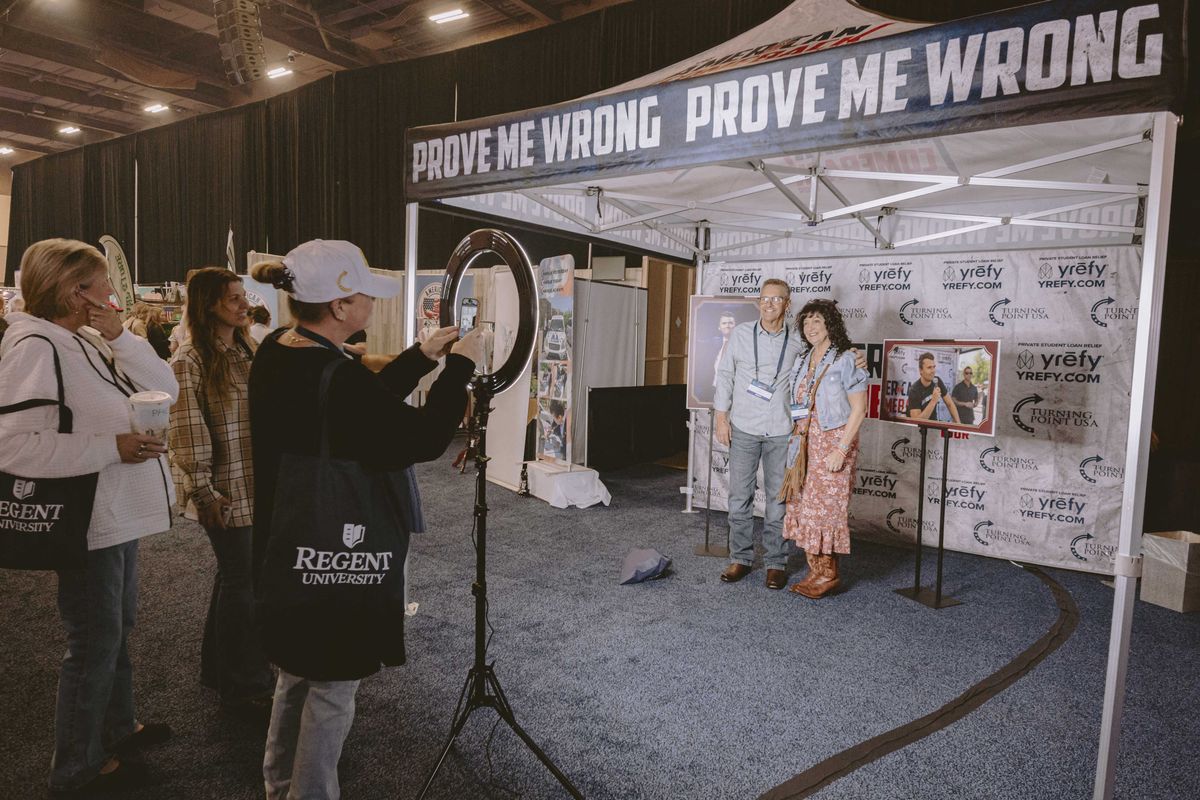





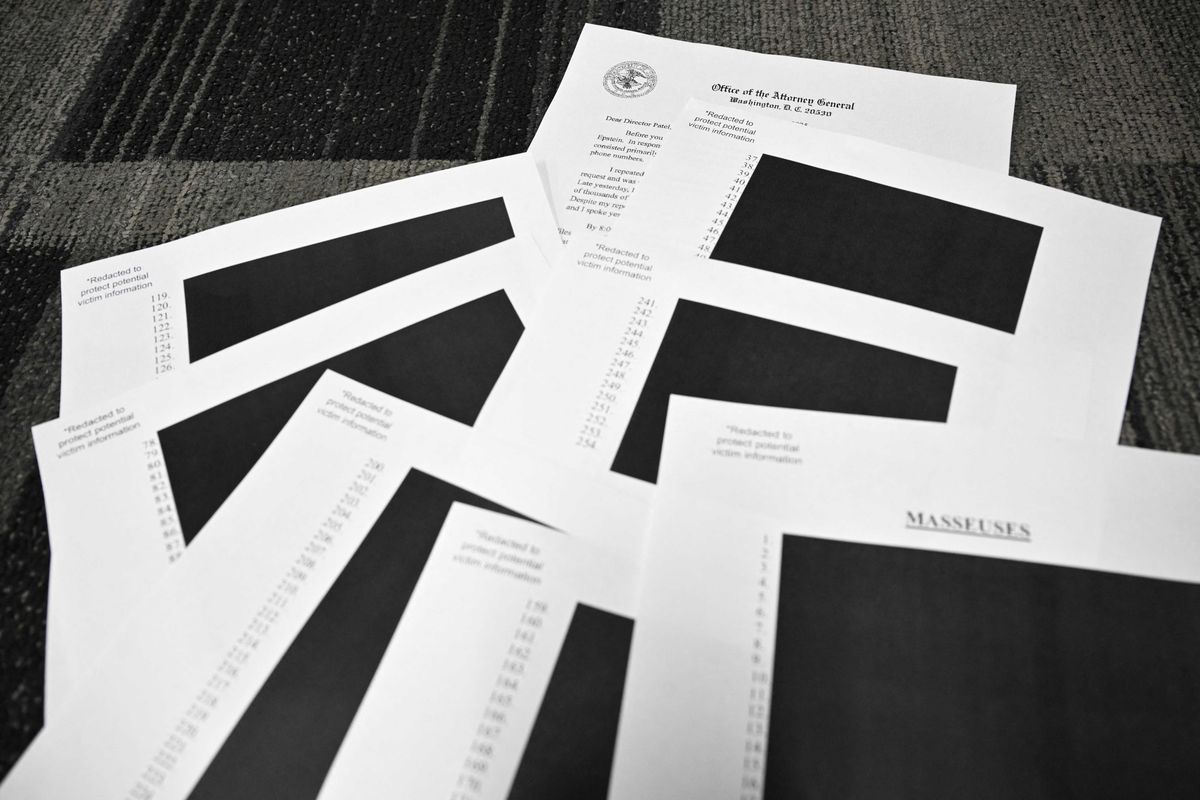
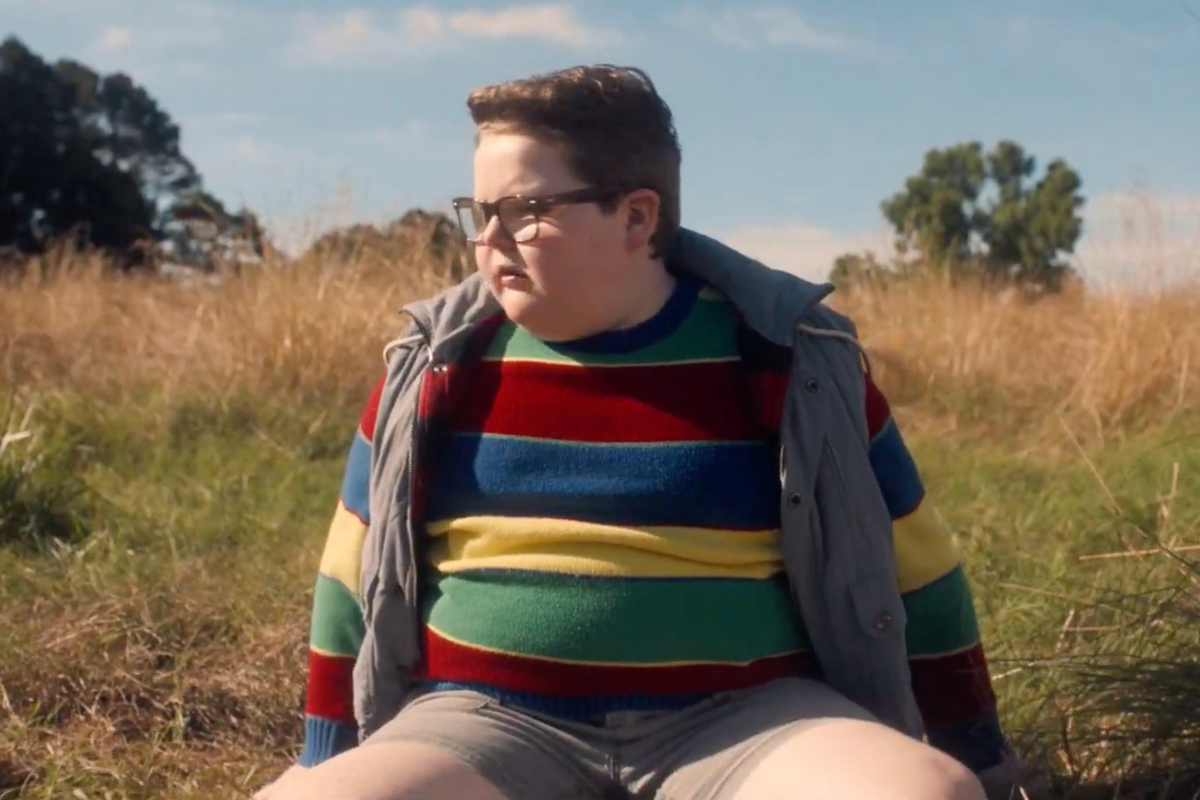



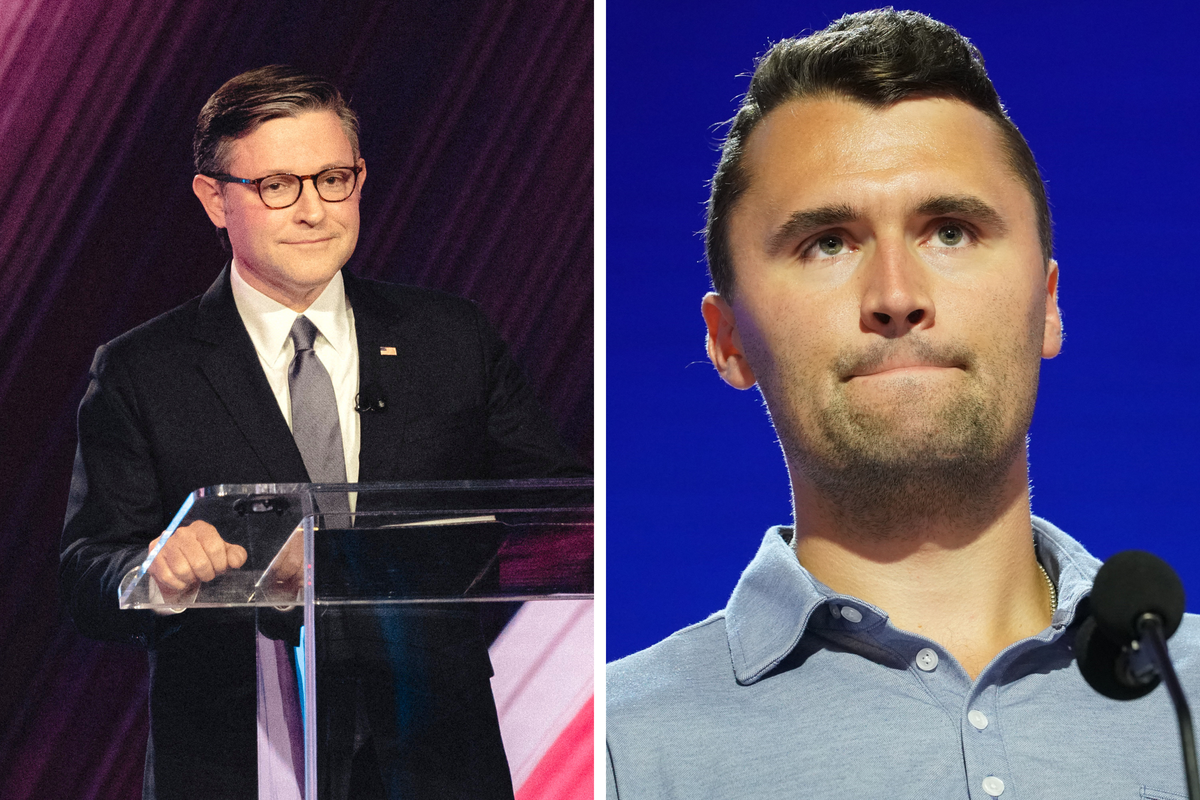

Jasmine Crockett hits back at JD Vance's 'street girl persona' jibe